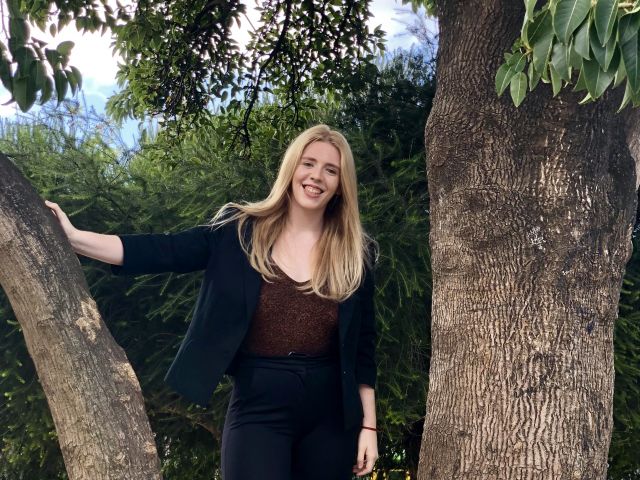Knowing what to say to whom, when and how – is that the key to success?

Since a very young age, throughout my high school years, and even in the first few months of university, I was obsessed with understanding success, finding its building blocks and eventually achieving it.
I’ve read multiple books, probably the same ones you have read that promise you the key to success in 500 pages. Book after book after book, you are reading all those stories about successful people – Bill Gates, Steve Jobs, Elon Musk – the success superstars of the 21st century.
All those books do is to try to find a similarity between those geniuses, an identifiable pattern that can be written, taught and learned.
Some books say it’s their morning routine, some say it’s their time management capabilities, some other books promote working non-stop and completely exhausting yourself so that you can eventually reach the productivity level of Elon Musk and become the new multibillionaire.
Well, they got it all wrong.
It is exactly in the lack of a pattern where the magic happens
It is exactly in the lack of a pattern where the magic happens. It is our diverse backgrounds and cultural upbringings that make us successful.
After reading this week’s favourite book – Outliers by Malcolm Gladwell – I got a deeper and clearer understanding of what truly constitutes success in the way we know it. The book is very scientific and, unlike all the other ones about success and motivation I’ve read, this one is really down to earth, based on scientific facts and proven with real life examples.
A lot of people think that success occurs mainly from three things: skills, talent and ambition. However, from my personal experience, and from what you might encounter in the book, those three components don’t add up to more than 20-25% of your success. So, what is it that constitutes success?
Gladwell believes that the reasons behind success can be easily boiled down to:
- When you are born
- Your background and upbringing
- Being in the right place at the right time
- Having the skills to take advantage of a good opportunity
Culture has undeniably played a huge role in my success stories, something that I previously had a hard time admitting to myself.
It is the practical intelligence of knowing what to say to whom, knowing when to say it and knowing how to say it for maximum effect
If it wasn’t for my mum’s immense passion for books, theatre and literature and if it wasn’t for her dedication to reading to me every single night when I was little, teaching me to write and showing me the beautiful world of content creation – I am sure I would currently be neither a blogger at CBS Wire, nor a content marketing specialist at my job.
If it were not for my father’s discipline and the burning desire for success that he constantly talked about, I wouldn’t be as disciplined about sticking to my goals, practising and aiming towards long-term gains.
It is true that we do not choose when we are born. However, truly successful people are those who have been given opportunities and who have had the strength and the presence of mind to seize them.
With time, I came to realise that it is not my grades, nor my IQ, nor even the majority of my skills and talents that are going to determine what job I get or what opportunities I am presented with.

It is the practical intelligence of knowing what to say to whom, knowing when to say it and knowing how to say it for maximum effect.
Being in the right place at the right time is also crucially important because it is your environment and the people surrounding you who will end up generating most of the opportunities presented to you.
That’s why it is one of my priorities to attend as many marketing & design conferences and seminars as I can, so that I can observe and gather knowledge from other more successful people. And is there really a better place to be looking for digital marketing opportunities than seminars full of wildly successful marketeers?!
At the end of the day, it all boils down to putting in the hard work, narrowing down and defining your goals, who you want to be and what you want to do, sticking to your vision and immersing yourself in the environment that is most likely to generate the right opportunities for you.
And from there on – keep your eyes open for opportunities and seize them when the time comes. Or as Gladwell said: “If you work hard enough and assert yourself, and use your mind and imagination, you can shape the world to your desires.”





































































































































Comments